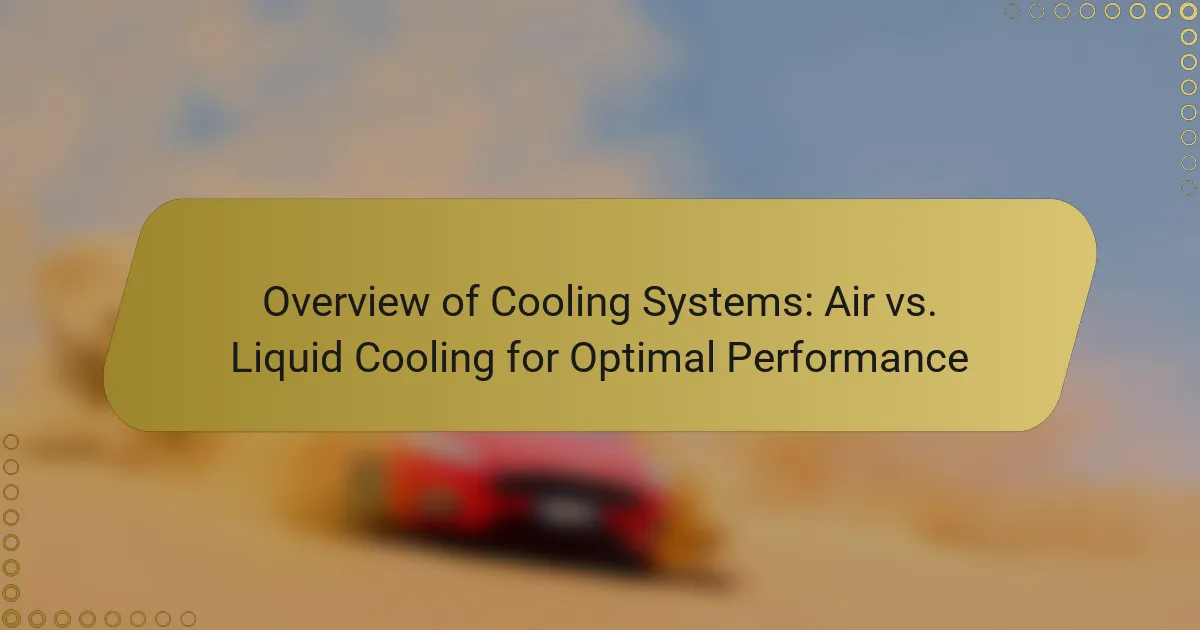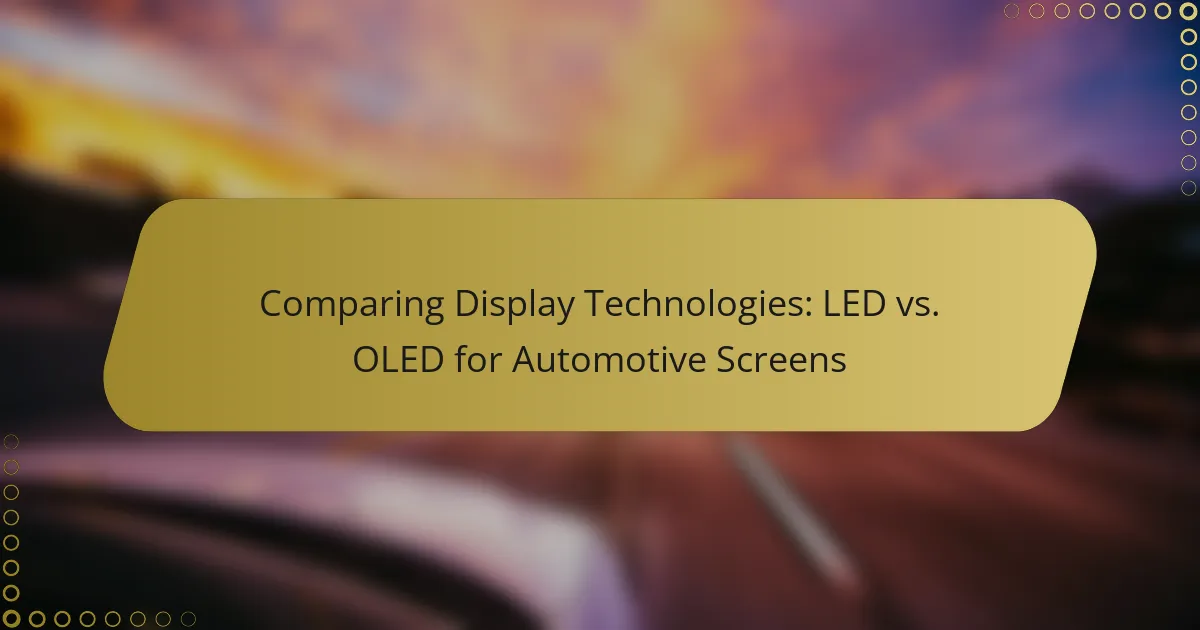High-quality motherboards are essential for enhanced overclocking capabilities, featuring robust power delivery systems, advanced cooling solutions, and extensive BIOS options. These attributes ensure stable voltage and current to the CPU, effective heat dissipation, and granular control over system settings, respectively. Key challenges in overclocking include stability issues, heat management, and compatibility problems, which can hinder […]

Essential Factors to Consider in Choosing a Hard Drive: Capacity and Speed
Choosing a hard drive involves evaluating several essential factors, including capacity, speed, form factor, interface, reliability, and price. Capacity indicates the amount of data storage, typically ranging from 500 GB to several terabytes, while speed varies between traditional Hard Disk Drives (HDDs) and Solid State Drives (SSDs), with the latter offering significantly faster data access […]

The Importance of RAM Speed and Capacity in Gaming PCs
RAM speed and capacity are essential components that significantly impact the performance of gaming PCs. Higher RAM speed enhances data transfer rates, resulting in faster loading times and smoother gameplay. Increased RAM capacity allows for the simultaneous operation of multiple applications, reducing lag during demanding tasks. Most modern games require a minimum of 16GB of […]

Essential Specifications of Solid State Drives for Faster Boot Times
Solid State Drives (SSDs) are advanced storage devices that utilize flash memory, distinguishing themselves from traditional hard drives by having no moving parts. This design enables SSDs to achieve significantly faster data access and retrieval speeds, resulting in reduced boot times for operating systems, which can range from 10 to 30 seconds compared to the […]

Insights into Automotive Battery Technology: Capacity, Lifespan, and Charging Speed
Automotive battery technology encompasses the systems and components responsible for storing and supplying electrical energy in vehicles, including lead-acid, lithium-ion, and nickel-metal hydride batteries. Each battery type exhibits unique characteristics that impact vehicle performance, lifespan, and charging speed. Lithium-ion batteries are recognized for their high energy density and rapid charging capabilities, while lead-acid batteries are […]

Understanding the Role of Network Cards in Automotive Connectivity: Speed and Compatibility
Network cards are essential hardware components in modern vehicles that enable communication between a vehicle’s internal systems and external networks. They facilitate data exchange for applications such as navigation, entertainment, and diagnostics, supporting technologies like Wi-Fi, Bluetooth, and cellular communications. The integration of network cards enhances vehicle performance and user experience, reflecting their growing importance […]

Overview of Cooling Systems: Air vs. Liquid Cooling for Optimal Performance
Cooling systems are essential mechanisms that remove excess heat from environments or objects to maintain optimal operating temperatures. This article provides an overview of two primary cooling methods: air cooling and liquid cooling. Air cooling relies on fans and heatsinks to dissipate heat, making it a cost-effective and straightforward solution for various applications. In contrast, […]

Comparing Display Technologies: LED vs. OLED for Automotive Screens
The article compares two prominent display technologies used in automotive screens: LED (Light Emitting Diode) and OLED (Organic Light Emitting Diode). It highlights the fundamental differences between these technologies, such as LED’s backlighting versus OLED’s self-emissive pixels, which results in OLED’s superior contrast and color accuracy. The article also addresses the challenges faced by both […]

Understanding the Benefits of Power Supply Units: Efficiency Ratings and Wattage
Power Supply Units (PSUs) are critical components that convert electrical power from outlets into usable power for computers and electronic devices. This article explores the significance of PSUs, focusing on their efficiency ratings and wattage. Efficiency ratings, such as those defined by the 80 PLUS certification, indicate how effectively a PSU converts AC power to […]

Key Specifications of Automotive GPS Systems: Accuracy, Features, and Usability
Automotive GPS systems are essential tools for navigation, characterized by key specifications such as accuracy, features, and usability. Accuracy is defined by positional accuracy, typically ranging from 5 to 10 meters, and is influenced by factors like satellite geometry and environmental conditions. Advanced features include real-time traffic updates, voice navigation, and smartphone integration, enhancing the […]
